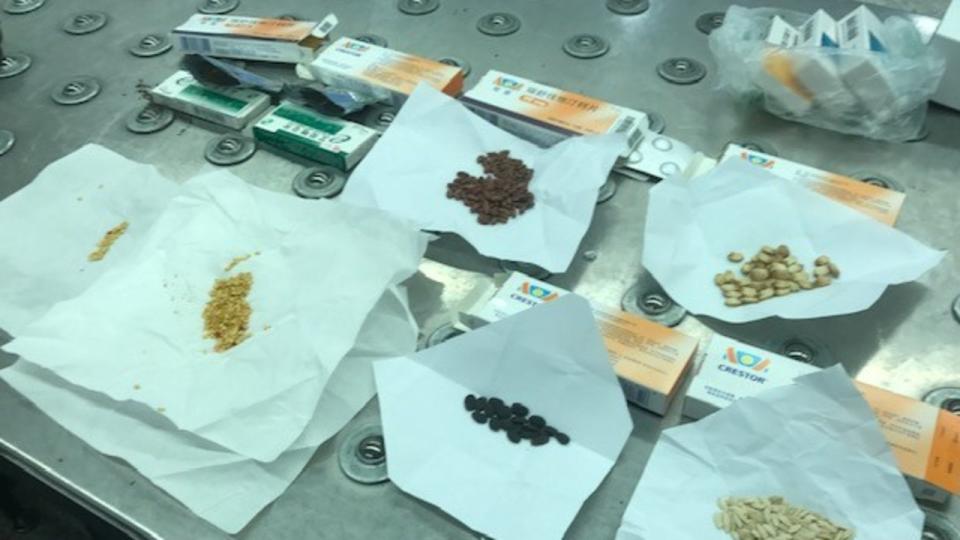Australia’s strict new rule for visitors

Visitors who bring prohibited plant and meat products into Australia and fail to notify border force officers could have their visas cancelled under strict new biosecurity rules.
The government amended the Biosecurity Act to give officials the new powers in a bid to protect Australia’s delicate ecosystem and the $70bn agricultural export industry it supports.
A statement, issued by Immigration Minister Andrew Giles in late October, said a visa cancellation can occur “if it is reasonably believed that there has been an attempt to conceal goods for the purpose of preventing those goods from being found, or preventing the true nature of those goods from being determined by a biosecurity official”.
A person suspected of breaching the act can be held for four hours for questioning.

The new threat covers visitor, student, working holiday, maritime crew and temporary work visas.
“Given the very serious nature of attempting to conceal conditionally non-prohibited goods and the concomitant threat that action represents to Australia’s unique biosecurity status, it is appropriate for migration officials to have the discretion to cancel the visa of persons who contravene this provision,” the statement says.
Before the new rules, visas could be cancelled if a visitor made false or misleading declarations or refused to answer questions from biosecurity officers.
The tightened measures follow changes from September that dramatically ramped up penalties for people caught intentionally concealing products in their luggage or putting goods into a container with incorrect labelling.
The new laws enable biosecurity officers to access information from people arriving in Australia by air or sea through the provision of their passport and other travel documents.

“These changes will give us more information to support a targeted approach to dealing with noncompliance and streamline the biosecurity risk assessment of travellers,” Agriculture Minister Murray Watt said at the time.
“It also introduces new strict liability offences to a range of existing provisions in the Biosecurity Act, allowing for infringement notices to be issued for less-serious incidents that would still put Australia‘s agriculture, people, environment and economy at risk.”
A biohazard outbreak in Australia could decimate the country’s agricultural industry and lead to billions in losses.
In May 2022, a foot-and-mouth disease outbreak in neighbouring Indonesia put farmers on high alert.
The Department of Agriculture, Fisheries and Forestry estimated in 2022 a FMD outbreak in Australia would cut about $80bn from the Australian economy in 2020-21 dollars.


